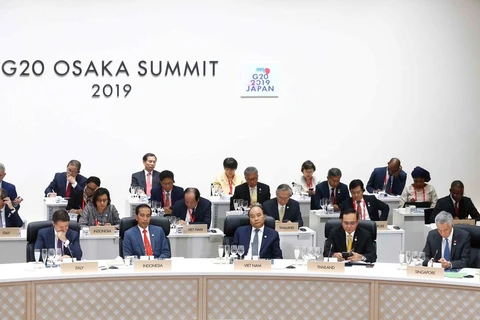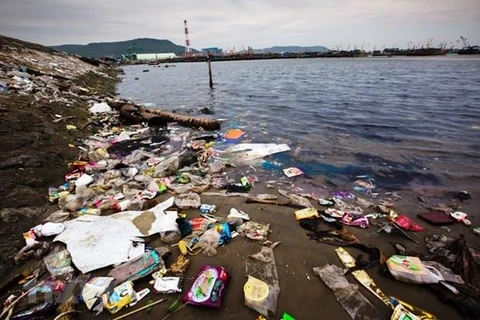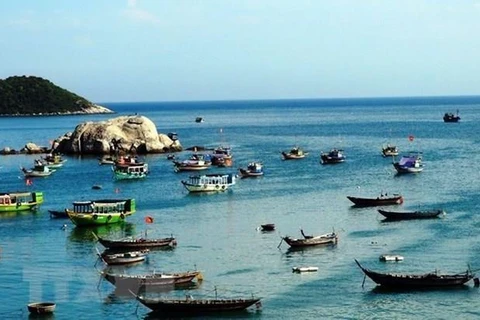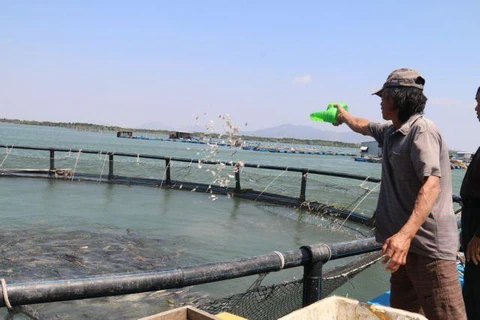Hanoi (VNA) – Ocean accounting, which is built based on the System of Environmental-Economic Accounting (SEEA), helps experts and policy-makers evaluate the actual contribution the seas make to the economy, heard a workshop held in Hanoi on October 11.
The event was held by the Ministry of Natural Resources and Environment’s Institute of Strategy and Policy on Natural Resources and Environment (ISPNRE) in collaboration with Germany’s Hanns Seidel Foundation and the United Nations Economic and Social Commission for Asia and the Pacific (ESCAP).
Experts said that SEEA is a framework that integrates economic and environmental data to provide a more comprehensive and multi-purpose view of the interrelationships between the economy and the environment, and the stocks and changes in stocks of environmental assets. SEEA provides criteria to build physical data on the environment, and link it with the monetary data in the System of National Account (SNA).
Michael Bordt, an ESCAP expert, laid stress on the significance of ocean to livelihoods, nutrition and economic growth in Asia-Pacific, saying ocean accounting will help experts estimate exact statistics on the total contribution of the fishery sector to the economy as well as maximum sustainable yield.
Meanwhile, Nguyen The Chinh, ISPNRE director, said the institute is joining hands with ESCAP to carry out a pilot study on national ocean accounting to integrate information from all scientific sectors, policy frameworks and mechanisms to follow the progress of implementing the Sustainable Development Goals (SDGs).
The move is also aimed at improving interdisciplinary policies to optimise sustainable ocean exploitation and reduce the risks of ecosystem degradation and natural disasters, he added.
Chinh said the workshop created opportunities for the institute to share and consult related stakeholders on the initial findings of the pilot study in Quang Ninh province which focused on pollution from the mainland and the impacts of tourism on the ocean.
At the event, experts shared their views on identifying mainland pollution sources, the impacts of tourism on the ecosystem in the piloted areas, and opportunities to expand ocean accounting cooperation in other localities./.
VNA
























